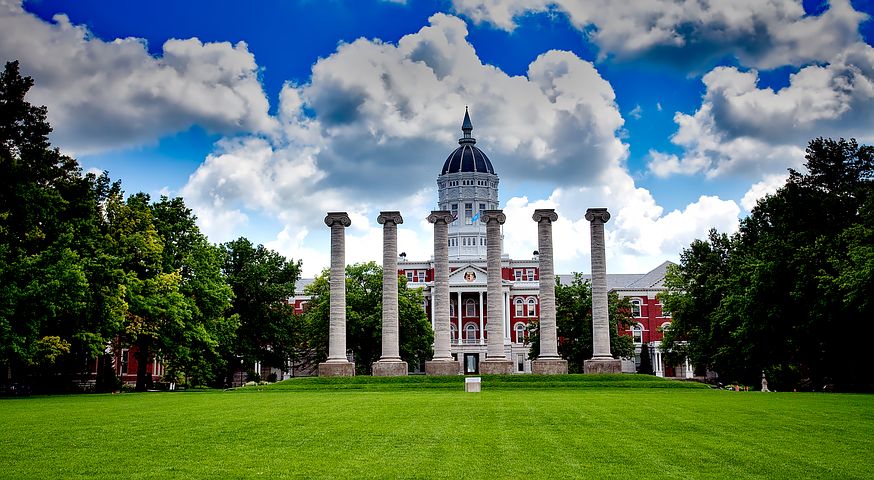
It’s always hectic when it’s time to head back to college at the end of summer break. There is last minute shopping for dorm supplies, car trips to plan and perhaps more furniture to move. If it’s your first year at the university, there’s a whirlwind of orientation sessions and you need a good period of time just to get used to the transition from home to college. For upper-class students the return to school is a reunion of sorts as you get to be with friends you missed over the last couple of months.
With everything going on in the world now, there are also a lot of new things to consider as you head back to your upcoming semesters at school. The pandemic has altered the college landscape in ways that were unimaginable just one year ago. Some educational institutions are offering hybrid learning models which offer a mix of remote and on-site learning. Other universities are hoping for a full student presence with in-person classes, but there are some doubts as to whether that ambitious plan will truly last for a whole semester.
Being Sure You Can Pay for Your University Education
When the pandemic arrived in the spring of 2020, it turned the college eco-system upside down. Students were sent home early, dorms closed and everyone attended class via Zoom from their rooms at home. This upheaval also affected student financial aid. As the fall term resumes, many financial aid recipients are finding that their work-study opportunities have been greatly reduced or in some cases rescinded. The loss of funds from work-study and the reduction of employment opportunities in the local college communities often leave undergraduates without the money they need to pay for their education. One of the best ways you can address this shortfall and make sure your university costs are taken care of is to take out private student loans. These private student loans are offered by banks, finance companies and credit unions.
Selecting Safe University Housing Options
Traditionally, most new enrollees are asked to live on campus for their first year of higher education. A number of upper-class attendees also continue living in dorms for the convenience and community. With the virus, living in a close-quarters situation in a dorm room may not be the best idea. Residence halls are typically crowded and offer little personal space within the rooms. In addition, bathrooms are shared and hallways don’t allow room for social distancing. Residing in off-campus apartments may be a far better option this year. With an off-campus dwelling you can either live alone in a studio or share some common living space with just a couple of roommates. Each student has a private bedroom and bathroom. It’s also helpful that you can go outside directly via your apartment front door instead of having to traverse a lengthy dorm hallway.
Make Sure In-Person Classes are Safe
Many universities are adopting mandatory mask requirements campus-wide. In addition, they are trying to keep social distancing in place by limiting the number of students within each classroom. Colleges in warmer locations have even taken the precaution of teaching some classes outside because outdoor environments have proven safer. Before you attend classes, it would be advisable to visit the classrooms where the lectures will take place. Take a look at the precautions being taken and only take the in-person option for the class if things make sense to you. Thus far, safety has been a hodge-podge effort at some universities. One school installed Plexiglas to protect and isolate the professors but it was a foot too short and it didn’t shield their face or mouth. It will probably take some time for the best practices and good safety standards to emerge.







